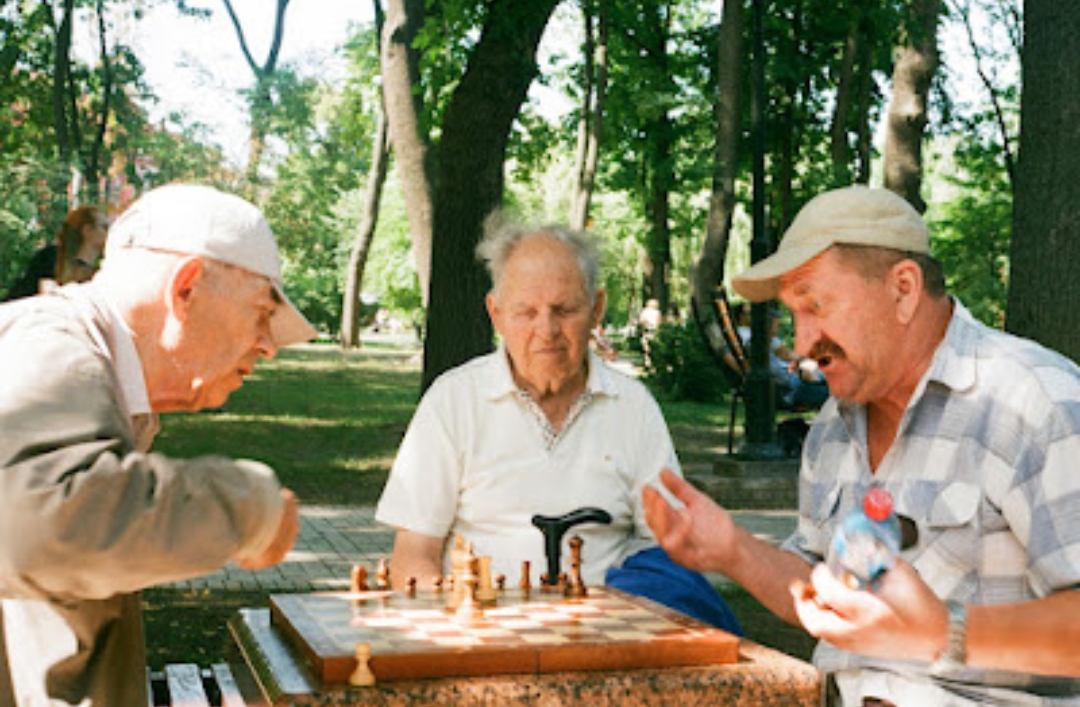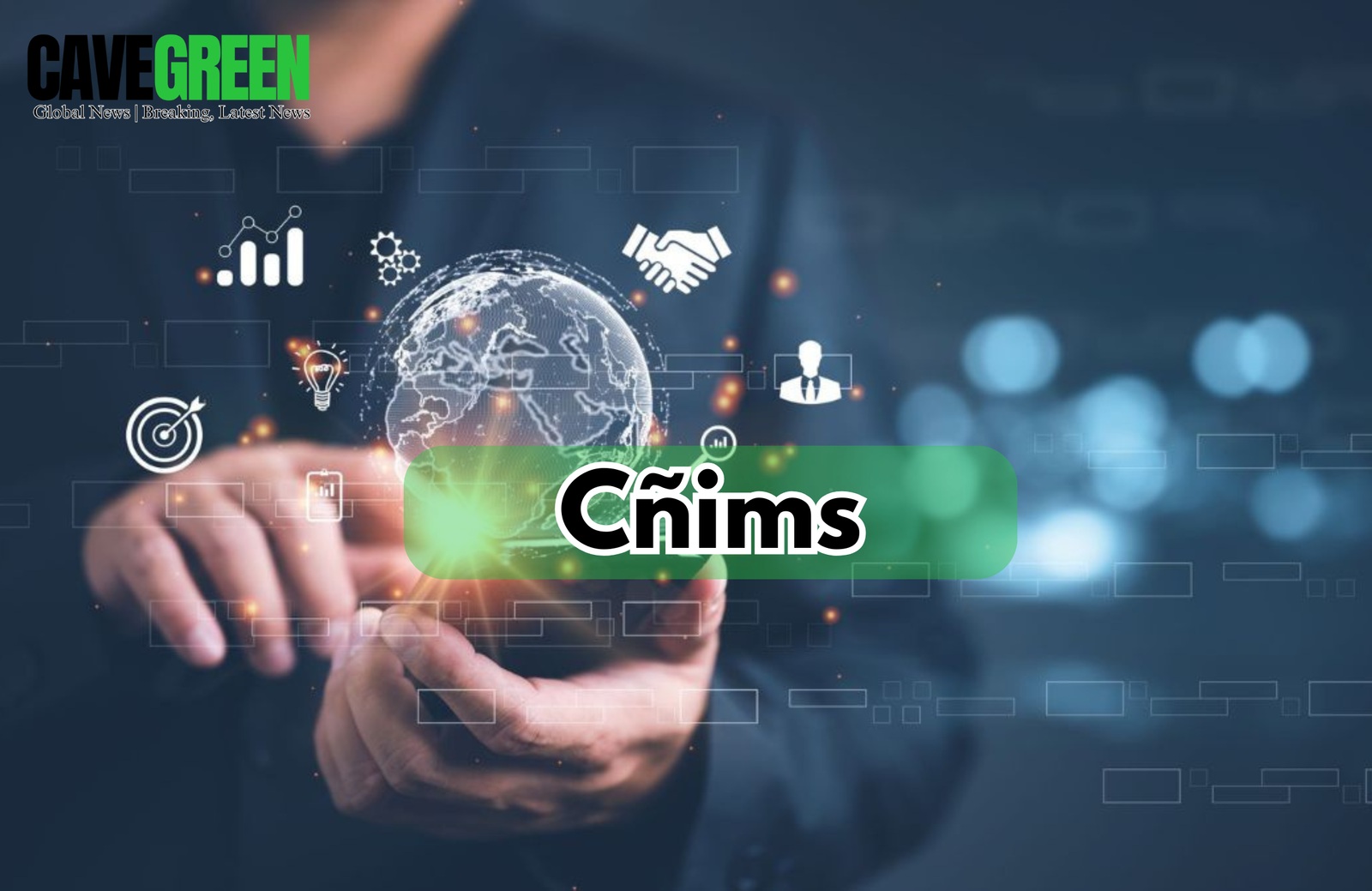Defining Guardianship and Power of Attorney
Guardianship and power of attorney are two legal tools that can be used to make decisions on behalf of elderly loved ones who may no longer be able to manage their affairs independently. While both serve similar purposes, they differ in their scope, authority, and the process through which they are established. In this blog post, we’ll explore the distinctions between guardianship and power of attorney to help you choose the right legal tool for your elderly loved ones.
Guardianship: A Court-Appointed Role
Guardianship is a legal relationship in which a court appoints an individual or entity to make decisions on behalf of an incapacitated person, known as a ward. Guardianship typically covers a broad range of decisions, including financial, medical, and personal matters. The court determines the extent of the guardian’s authority and may require periodic reporting and oversight to ensure the ward’s best interests are being upheld. Guardianship is often sought when an elderly loved one is unable to make decisions due to cognitive impairment, disability, or incapacity.
Power of Attorney: Delegating Decision-Making Authority
Power of attorney, on the other hand, is a legal document that grants authority to an agent, known as an attorney-in-fact, to make decisions on behalf of the principal. Unlike guardianship, power of attorney can be established without court involvement and can be tailored to specific areas of decision-making, such as finances, healthcare, or property management. The principal retains the ability to revoke or modify the power of attorney as long as they have legal capacity to do so. Power of attorney is often used as a proactive measure to plan for potential incapacity or to facilitate decision-making during periods of temporary absence or incapacity.
Key Differences: Guardianship vs. Power of Attorney
The primary differences between guardianship and power of attorney lie in their establishment, scope of authority, and level of court involvement. Guardianship requires a formal legal proceeding in which a court determines the need for a guardian and appoints one based on the ward’s best interests. The guardian assumes decision-making authority over all aspects of the ward’s life and may be subject to ongoing court supervision. In contrast, power of attorney is established through a legal document signed by the principal, granting specific decision-making authority to the designated agent. Power of attorney can be more flexible and tailored to the principal’s preferences, with less court involvement and oversight.
Choosing the Right Legal Tool: Factors to Consider
When deciding between guardianship and power of attorney for an elderly loved one, several factors should be taken into account. Consider the level of incapacity or impairment of the individual, the complexity of their affairs, and their preferences regarding decision-making authority and autonomy. Guardianship may be appropriate when the individual lacks the capacity to make decisions and requires comprehensive oversight and protection. Power of attorney, on the other hand, may be suitable for individuals who are still capable of making decisions but wish to designate someone to act on their behalf in specific areas.
Seeking Legal Guidance: Consulting with Elder Law Attorneys
Navigating the complexities of guardianship and power of attorney requires careful consideration and legal expertise. Consulting with experienced elder law attorneys can provide invaluable guidance and assistance in choosing the right legal tool for your elderly loved ones. Elder law attorneys specialize in matters related to aging, incapacity, and estate planning, and can offer personalized advice tailored to your family’s unique circumstances. For individuals in California seeking legal guidance on guardianship, power of attorney, or other elder law matters, consulting with Elder Law California professionals, such as those at Hartley Lamas Et Al., can ensure that your loved ones’ rights and interests are protected.
Guardianship and power of attorney are important legal tools that can help families make decisions on behalf of elderly loved ones who may no longer be able to manage their affairs independently. By understanding the differences between guardianship and power of attorney and seeking legal guidance when necessary, families can make informed decisions that best serve the needs and preferences of their elderly relatives.





